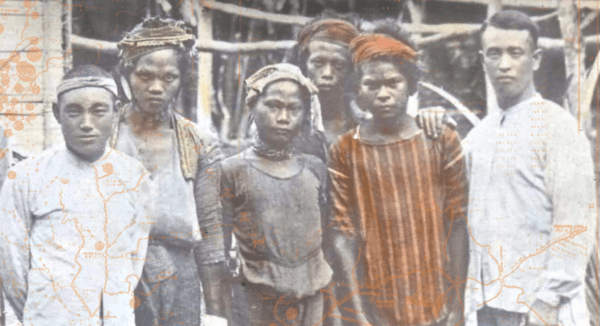About the Book
A free ebook version of this title is available through Luminos, University of California Press's Open Access publishing program. Visit www.luminosoa.org to learn more.
Though Japanese migration to Brazil started only at the turn of the twentieth century, Brazil is now the country with the largest ethnic Japanese population outside Japan. Collaborative Settler Colonialism examines this history as a central chapter of both Brazil's and Japan's processes of nation and empire building, and, crucially, as a convergence of their settler colonial projects. Inspired by American colonialism and the final conquest of the U.S. Western frontier, Brazilian and Japanese empire builders collaborated to bring Japanese migrant workers to Brazil, which had the outcome of simultaneously dispossessing Indigenous Brazilians of their land and furthering the expansion of Japanese land and resource possession abroad. Bringing discourses of Latin American and Japanese settler colonialism into rare dialogue with each other, this book offers new insight into understanding the Japanese empire, the history of immigration in Brazil and Latin America, and the past and present of settler colonialism.
Though Japanese migration to Brazil started only at the turn of the twentieth century, Brazil is now the country with the largest ethnic Japanese population outside Japan. Collaborative Settler Colonialism examines this history as a central chapter of both Brazil's and Japan's processes of nation and empire building, and, crucially, as a convergence of their settler colonial projects. Inspired by American colonialism and the final conquest of the U.S. Western frontier, Brazilian and Japanese empire builders collaborated to bring Japanese migrant workers to Brazil, which had the outcome of simultaneously dispossessing Indigenous Brazilians of their land and furthering the expansion of Japanese land and resource possession abroad. Bringing discourses of Latin American and Japanese settler colonialism into rare dialogue with each other, this book offers new insight into understanding the Japanese empire, the history of immigration in Brazil and Latin America, and the past and present of settler colonialism.

